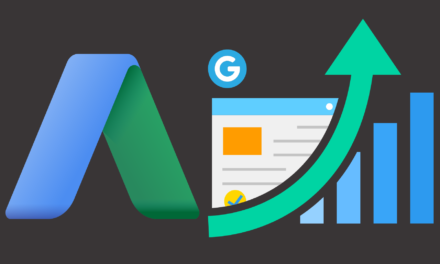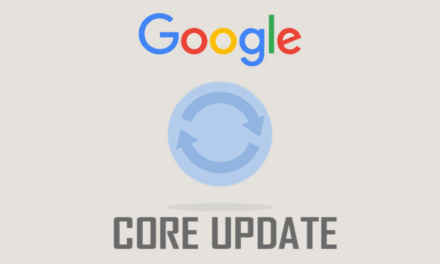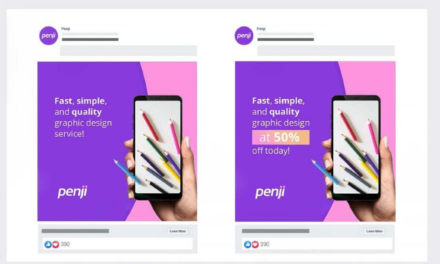Do you want to reach an audience of over 2.6 billion?
We’re talking about the most popular social networking site globally. Any guesses?
Yes, it is Facebook!
If you want your business to flourish on Facebook, you need an amazing Facebook marketing plan.
A marketing campaign that will assist you with:
- Stand out among the 50 million companies.
- Develop trust and a healthy connection with your target audience.
- Improve your brand image and maximize your ROI.
However, if you’re wondering “how to create a successful Facebook marketing strategy for my business?”
Or,
“What are the key steps to follow?”
Don’t worry, we have you covered.
We’ve narrowed down 7 basic yet effective methods for developing a highly successful Facebook marketing plan that will perform wonders for your company.
How to Develop a Facebook Marketing Strategy?
1. Define Your Goals
If you want to succeed with your Facebook marketing strategy, you must first outline your objectives. But how? You may begin by addressing a few simple questions, such as “what does my enterprise want to drive from Facebook?”- Is it about generating brand awareness?
- Is it sending your Facebook leads to your website or your sales page?
- Is it only for the purpose of getting likes, views, and comments on Facebook?
 Every remark, ad, and post you make from now on will be directed toward reaching your objectives. All of this may need some of your time and energy, but it will be worthwhile.
Every remark, ad, and post you make from now on will be directed toward reaching your objectives. All of this may need some of your time and energy, but it will be worthwhile.2. Audience Research
Audience research is a vital component of any effective Facebook marketing campaign. First and foremost, you must thoroughly understand your target audience. You can do a few things by answering the following basic questions:
- Where are they from?
- What age group are they in?
- What kind of stuff do they interact with on Facebook?
- What time exactly are they online on Facebook?
Aside from these questions, you may use practical tools such as Facebook Page Insights or social media analytics tools to better understand your audience’s demographics.
Understanding your target audience can help you establish your marketing plan. Because, ultimately, your audience is why you’re on Facebook in the first place.
3. Plan Your Content
You should publish the majority of your pieces to educate, enlighten, and amuse your readers. All of your material should not be sales-oriented, since this will lower your overall performance.
Facebook’s algorithm is also not conducive to self-promotion. It attempts to improve the user experience of the Facebook audience by promoting and prioritizing interesting and relevant content.
However, individually posting each individual article might be a time-consuming effort if you have to do it for many months. That is why you should utilize some of the finest social media scheduling tools to automate your content creation.
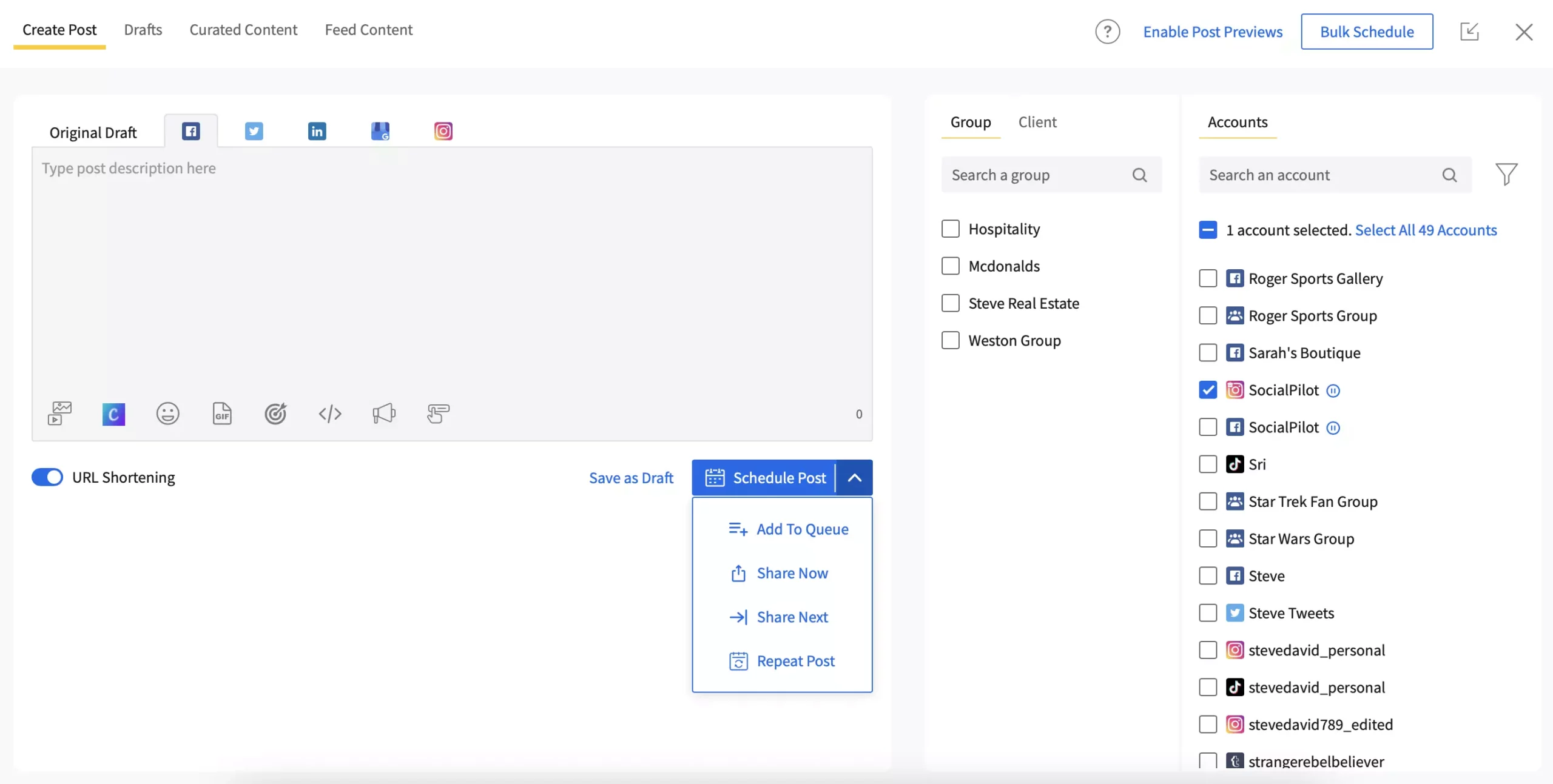
4. Your Budget Matters
The phrase reads, “You need to spend your valuable money to make more money.” If we break down the many strategies to fulfill your Facebook objectives, we have two responses for you:
- Organic Facebook reach
- Facebook ads
To accomplish your objectives on a network like Facebook, you must use both organic and sponsored reach.
Facebook’s organic reach has fallen in recent years.
It has become challenging for companies to maximize the potential of Facebook via organic means. As a result, you should rely on Facebook advertisements rather than organic alternatives.
5. Make Use of Facebook Pixel and Ads
Before we go into more detail on Facebook advertisements, here are some stats to clarify things up:
- If your page has less than 10,000 followers, Facebook’s organic reach will be about 8.18%.
- And if you raise the number of followers to above 10,000 organically, the organic reach will be close to 2.59%.
That is not even more than 260 persons. Now, along comes a game changer: Facebook advertisements. It’s simply another kind of conventional advertising, but you only pay when you see results.
There are several marketing campaigns you may conduct on Facebook, taking into account your objectives and wants. Regardless matter the ad campaign you conduct, you must harness the power of Facebook pixel.
Another fascinating term?
It’s a simple piece of code that you can place on your website to feed data back to Facebook. This data is then used to create ads and target consumers who are already engaged with your website. In short, it helps to:
- Keep track of conversion rates from Facebook.
- Retarget leads who have already visited your website.
- Create a specific audience to help you run your future advertisements.
It allows you to get unique insights before launching your marketing campaign. To ensure the success of your Facebook Marketing strategy, you’ll need a thorough understanding of your target population.
6. Use Facebook Tools
Facebook Business Manager
If you want to manage all of your paid and organic posts in one place, the Facebook business manager can assist. You can successfully and efficiently collaborate with your team members as well as other agencies. As seen in the example below, you may invite other users to collaborate in the left-hand column under the “Users” area. It will assist you improve communication. You may also limit access to certain users.
Facebook Groups
Facebook groups are an excellent method to develop a community on Facebook. They are the internet version of community centers and coffee shops. To get your own Facebook community off the ground, choose a distinctive name for your group and then add a few members. You may also choose whether to keep your group public or closed; the decision is entirely up to you.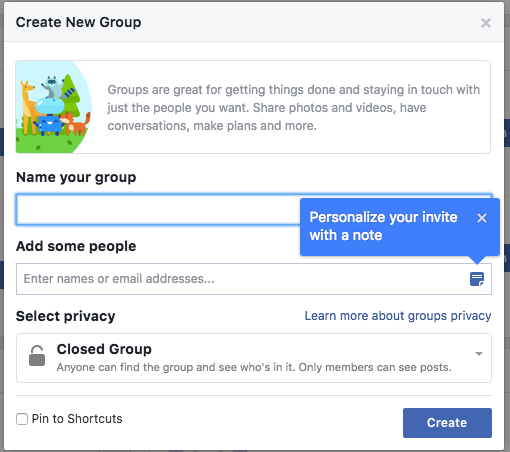
Facebook ChatBot
Facebook chatbots may enable you to engage in one-on-one conversations with your audience. You may utilize artificial intelligence to resolve client concerns or to link them directly with your support staff. Here’s an example of a Facebook chatbot communicating with a consumer and resolving an issue. You may use this technology to your company and assist your target audience in resolving their challenges.
7. Optimize Your Content
So you’re making your presence known on Facebook. You are creating good material, conducting ad campaigns, and participating actively in community groups, but have you fully realized Facebook’s potential?
That is only achievable if you understand your target audience’s preferences and dislikes. That can only be learned by testing. It will let you know which of your posts are receiving more interaction and which are not.
You must recognize that no matter how effective your audience research was, how successful your ad campaigns are, or how appealing your daily posts or stories are, without AB testing, you will not be able to determine the actual potential of Facebook marketing.
8. Monitoring and Measuring Results
To receive a full look of all the variables that are vital for assessing the effectiveness of your campaign, go to the page insights area of Facebook Analytics.
see numerous tabs such as page visits, page likes, post reach, and other stats to assist you determine how well you’re doing and what improvements you should make.
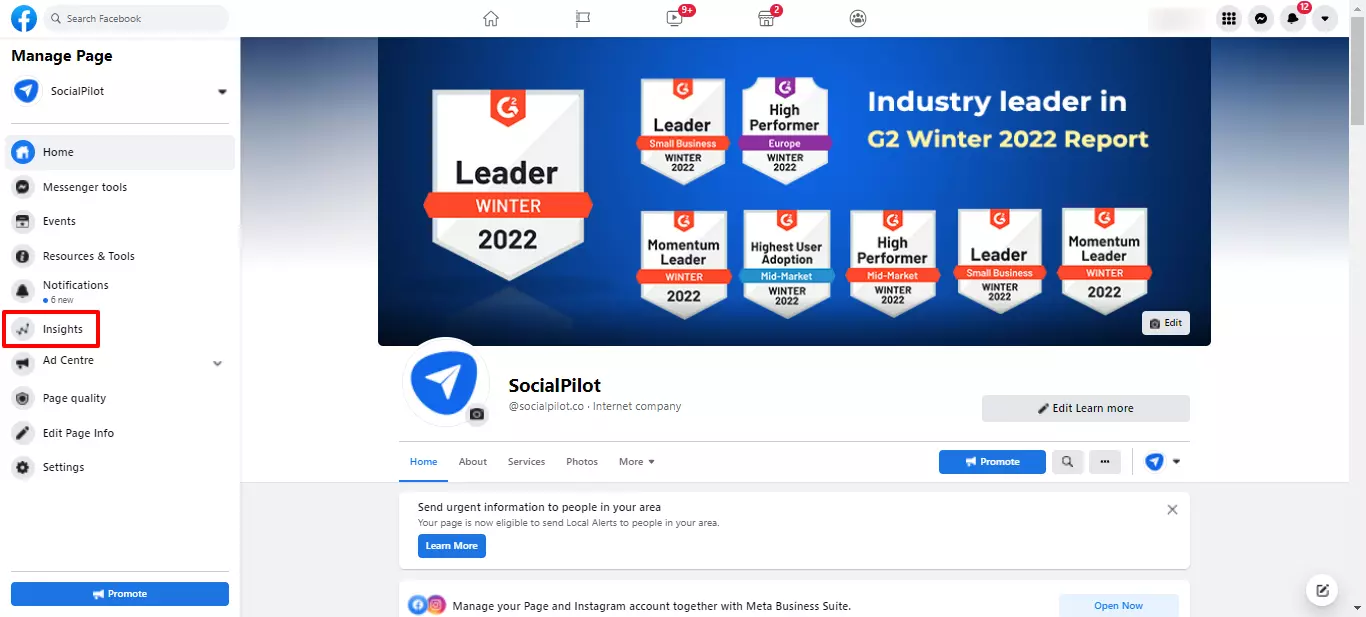
Likes
The increase in the amount of likes on your articles and company page will give you an indication of how well your content is working and how successful your Facebook marketing strategy is. The quantity of likes helps you understand two things:
- How many new users did you acquire in a certain length of time?
- How many people appreciated your particular post?
Comments
To determine how interesting your content is, look at the amount of comments on it. The more the quantity of comments, the greater the interaction. You may also get hateful and trolling remarks, but you should learn how to cope with them.
Reach
Reach is a crucial indicator for tracking growth. It is defined as the number of new people that have seen your content or page. If you have a large audience, you should expect to notice an increase in new people interacting with your articles, stories, or company pages.
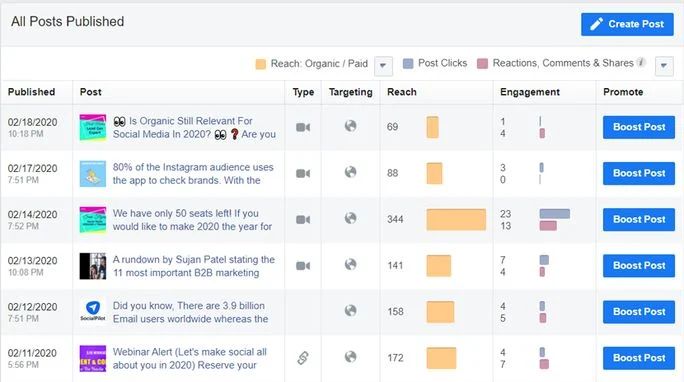
Views
This indicator includes the overall number of views on your posts, articles, and pages. Having more viewers is always a good indicator for the campaign’s success. You will only accomplish your objectives if people visit your posts, pages, and articles.
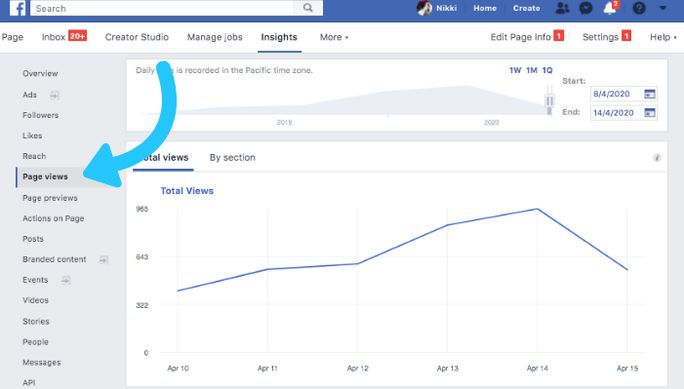
Facebook Reactions
Facebook Reactions is an excellent example of how Facebook listened to its users and conducted an AB test, and look how effective it was!
Unlike the typical one-way “Like” reply, individuals may now utilize a variety of emotions to express how they really feel about the post. Though it may seem insignificant on the surface, all of these indicators are critical for understanding how your target audience interacts with your content/posts.
Don’t take this lightly. Conduct an AB test and play with this feature to better understand your audience’s perspectives.
Are You Ready to Start Your Facebook Marketing Campaign?
We hope you have a clear understanding of how to create an engaging Facebook marketing plan utilizing all of these processes and recommendations. Now is the moment to dive into the ocean of chances and propel your company to new heights.


